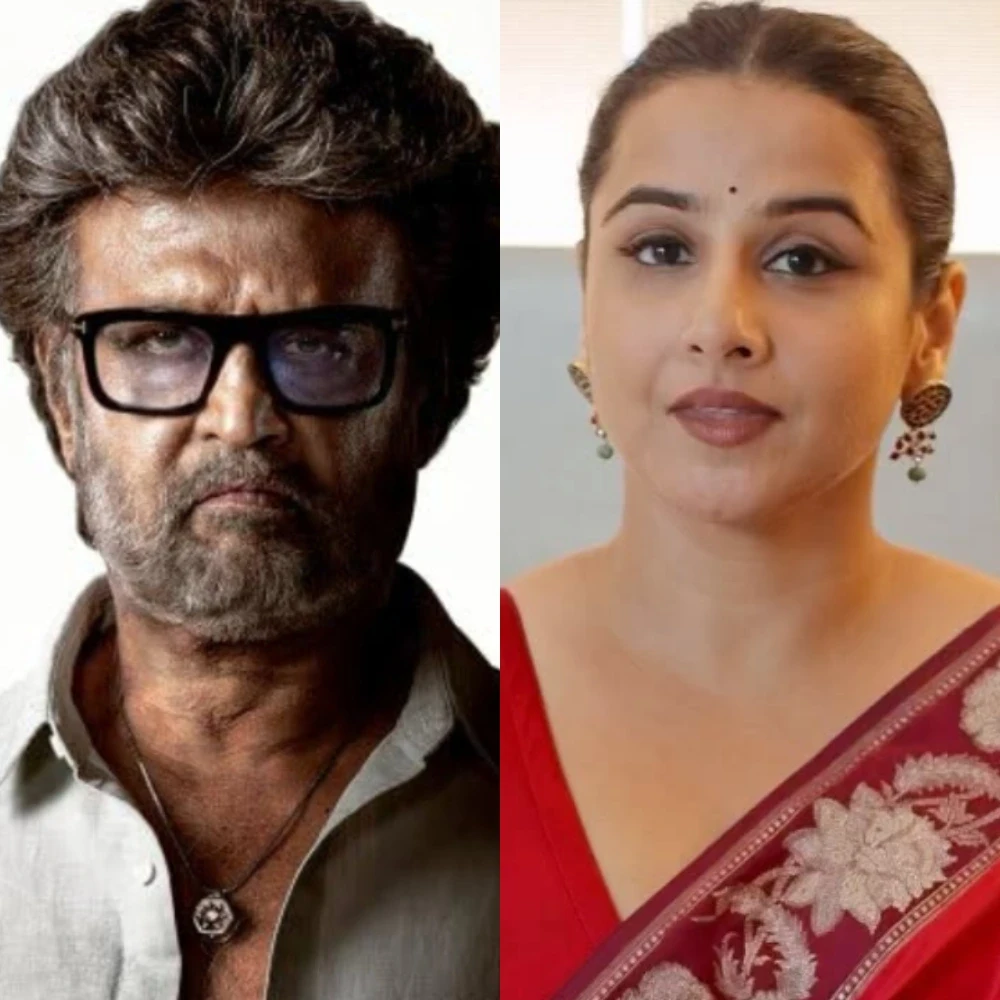10 interesting things about dating in South Korea
Dating in South Korea comes with its set of unspoken rules and traditions. While some aspects may align with the generic idea of dating, many differences exist in South Korea. Read on to know more.

Our fascination with the Korean world today, influenced by their beauty standards, food, music, and K-dramas, extends to their dating customs. South Korean dating customs and etiquette hold considerable importance in relationships, deeply ingrained in traditional values and cultural practices. Navigating the dating scene in South Korea becomes smoother with an understanding and respect for these customs. Dating in South Korea typically follows some unspoken but strict rules.
Here are the key things you need to know about dating in South Korea
Pepero Day
Pepero Day, celebrated on November 11th (11/11), is a meaningful occasion for South Koreans to exchange Pepero sticks—delicate cookie sticks coated in chocolate. The distinctive date arrangement, and the stick resembling the numeral 1, adds a visual appeal to the festivities. The tradition of sharing Pepero has evolved into a cultural phenomenon, promoting connections and spreading joy. Pepero sticks can be shared for various reasons, from exchanging Pepero sticks with friends and family to expressing romantic feelings through these delightful treats.
White Day
White Day is observed in Korean culture one month after Valentine's Day, and is another celebration of love. Unlike Western customs, in South Korea, Valentine's Day involves Korean girlfriends giving chocolates or tokens of affection to their boyfriends. On White Day, men reciprocate by gifting white-colored candies, jewelry, or other presents to their special someone. Leading up to the second week of March, convenience stores and supermarkets in South Korea offer ready-made treat baskets, large stuffed teddy bears, candies, and flowers. These items are popular choices for men looking to purchase special gifts for their girlfriends on White Day.
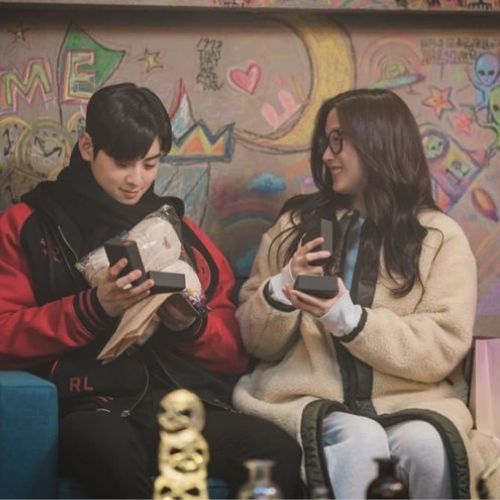
Significance of numbers
South Koreans celebrate a range of relationship milestones in Korean culture, and it's not limited to just the 100-day mark. Couples commemorate their relationship in a 100-day gap, starting from the first day — celebrating at 100 days, 200, 300, 500, and 1,000 days. Younger couples, typically teenagers, may even celebrate their 22nd day together. These occasions are often marked by the exchange of gifts or planning special dates to honor the time spent together.
Couple items
In South Korean culture, style is taken seriously, and the trend of "couple looks" reflects this. Whether it's couple T-shirts, matching phone cases, or coordinating head-to-toe outfits, South Korean couples embrace this fashion trend to showcase their unity and commitment. While dating in South Korea, couples often acquire matching rings known as "couple rings." Typically obtained after the 100th day anniversary or to signify a committed relationship, these rings serve as a symbol of their connection and commitment to each other.

The double rule
When dining out in South Korea, be prepared to share, as many Korean restaurants serve dishes designed for two people. Some places may even turn away single diners. The popular South Korean dessert, bingsu, typically comes in an enormous, towering bowl, making it a popular date activity to share. Additionally, it's common for couples to share milkshakes or frappuccinos in cafes. Sharing food is a normal and enjoyable aspect of South Korean dining culture.
Love locks
Namsan Seoul Tower on Mt. Namsan is adorned with hundreds, perhaps thousands, of love locks hanging along the fences of the roof terrace and "love lock" trees. These locks, inscribed with names and expressions of affection, are a symbolic gesture of commitment and eternal love between couples. Typically fixed onto public fixtures like bridges or fences, the keys are often discarded or the locks made unbreakable, representing an enduring bond. The love locks at Namsan Seoul Tower have become a designated tourist attraction, celebrating this international tradition.
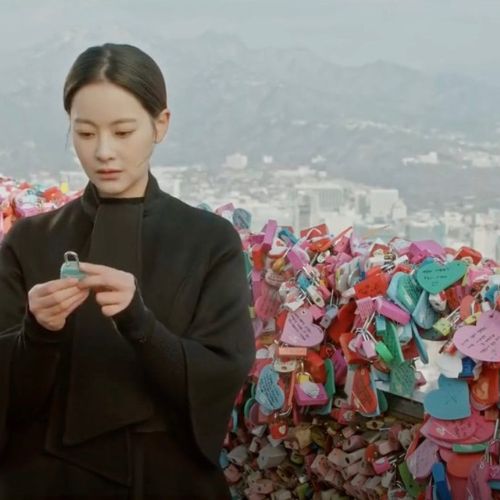
Never gift shoes to your lover
In South Korean dating culture, there's a superstition that giving a loved one, whether a guy or girl, a pair of shoes will make them run away from you. The belief is rooted in the idea that brand new shoes may encourage someone to run or walk away. Consequently, it's considered taboo to gift shoes to a significant other in South Korea, as it is believed it might lead to the end of the relationship.
Significance of First Snow
For South Koreans, the first snow holds a special romantic significance, and they believe that making a wish during this initial snowfall will make it come true. Couples often choose this enchanting moment to confess their love, believing that doing so during the first snow ensures a lasting connection. The Korean word '첫' in '첫눈' (first snow) mirrors the term in '첫사랑' (first love), intensifying the romantic sentiment. There's a legend that witnessing the first snow with someone special leads to true and enduring love. As a result, many couples plan to meet at a specific location to enjoy the first snowfall, hoping for eternal love. This tradition is also portrayed in K-dramas like Goblin and Crash Landing on You.
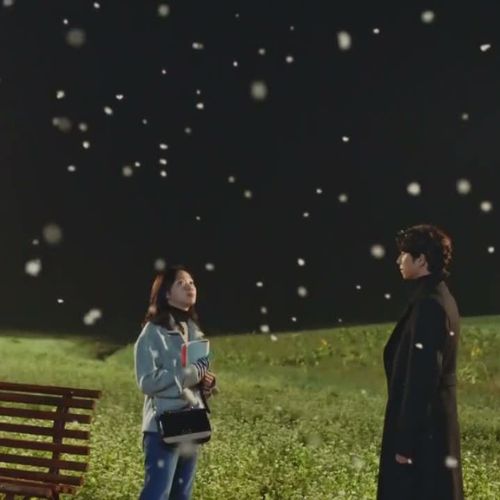
PDA is mostly no
In South Korean couples, matching outfits is common, but they tend to be more reserved about public displays of affection. While holding hands is considered normal, kissing on the lips or other intimate gestures is not as common in public. If you come from a culture that is more openly affectionate, it's advisable to save such lovey-dovey displays for more private settings. South Koreans, in general, tend to be more conservative when it comes to displaying affection publicly, and what is portrayed in shows may not fully reflect real-life norms.
Blind Dates
While dating in South Korea, introductions to potential partners often occur through mutual acquaintances or friends. There are two types of blind dates in South Korea: "mee-ting" and "sogeting." Mee-ting blind dates are group dates with no prior expectations of commitment, often favored by university students. On the other hand, sogeting dates involves people actively seeking a romantic connection. Blind dates, known as "sogeting," are common, and when meeting someone for the first time, exchanging business cards or contact information is customary. Blind dates play a significant role in dating culture, with variations based on the age and intentions of those involved.
Dating in South Korea may differ from other cultures, but with the right people, it can be an exciting experience. South Korea is a place for lovers, where couples express their love through matching 'couple looks.' Both men and women indulge in romance-heavy K-dramas, and holidays like Valentine's Day and White Day provide opportunities for South Koreans to celebrate their significant others. The unique dating culture in South Korea adds a special charm to the experience of love and relationships and is all in all a sweet experience.
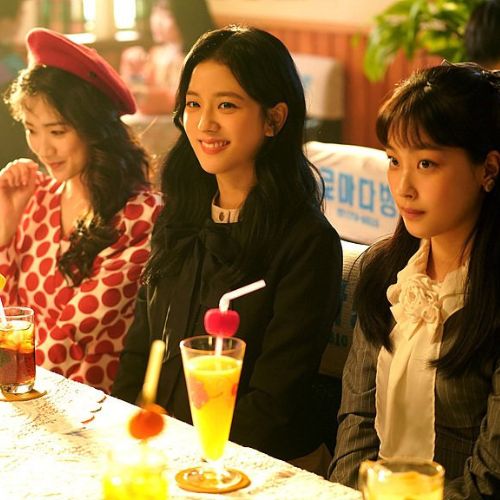
Stay updated with the latest Hallyu news on: Instagram, YouTube, Twitter, Facebook and Snapchat





 JOIN OUR WHATSAPP CHANNEL
JOIN OUR WHATSAPP CHANNEL































































